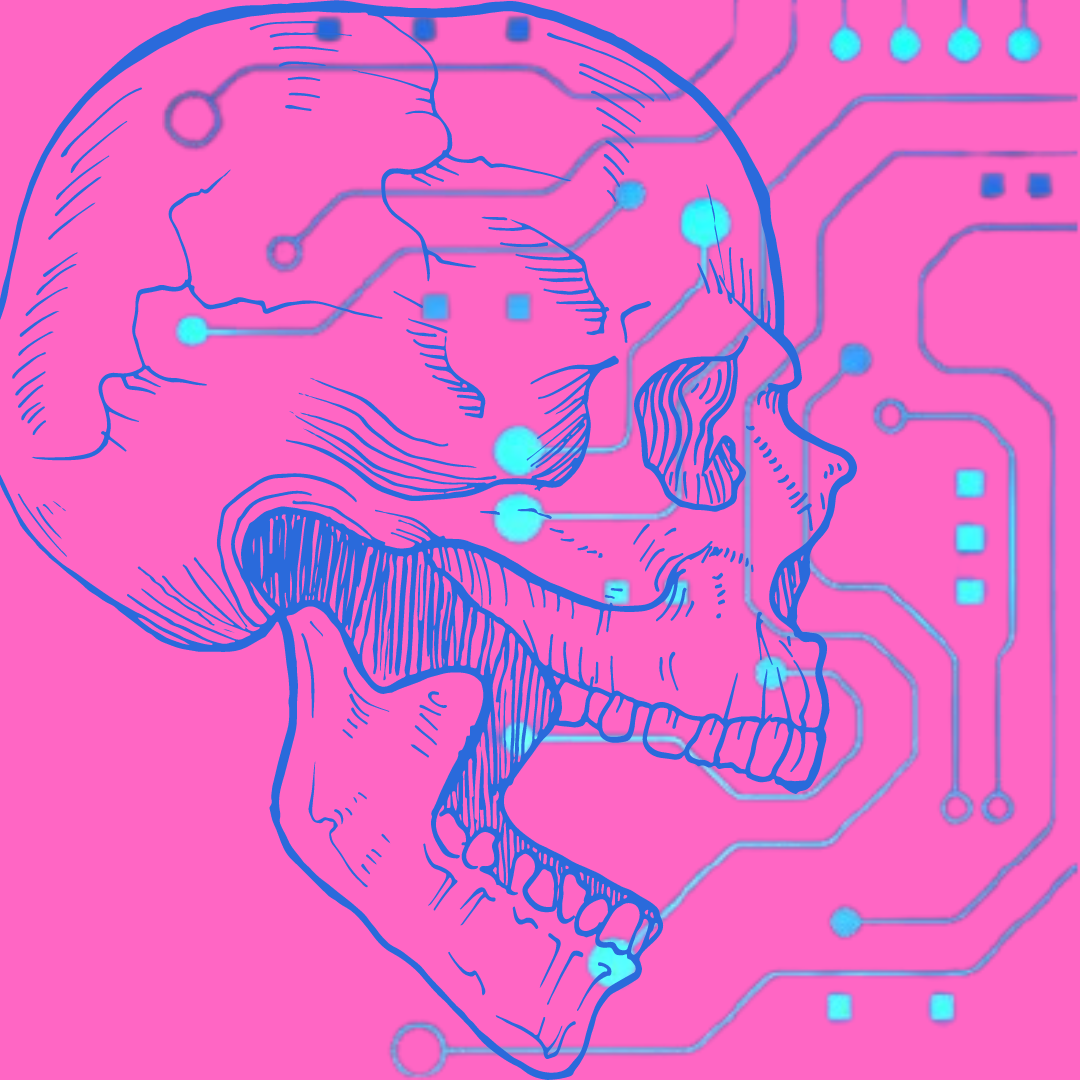The New Artificial Intelligentsia
By Ruha Benjamin,
Los Angeles Review of Books
| 10. 18. 2024
IN THE FALL OF 2016, I gave a talk at the Institute for Advanced Study in Princeton titled “Are Robots Racist?” Headlines such as “Can Computers Be Racist? The Human-Like Bias of Algorithms,” “Artificial Intelligence’s White Guy Problem,” and “Is an Algorithm Any Less Racist Than a Human?” had captured my attention in the months before. What better venue to discuss the growing concerns about emerging technologies, I thought, than an institution established during the early rise of fascism in Europe, which once housed intellectual giants like J. Robert Oppenheimer and Albert Einstein, and prides itself on “protecting and promoting independent inquiry.”
My initial remarks focused on how emerging technologies reflect and reproduce social inequities, using specific examples of what some termed “algorithmic discrimination” and “machine bias.” A lively discussion ensued. The most memorable exchange was with a mathematician who politely acknowledged the importance of the issues I raised but then assured me that “as AI advances, it will eventually show us how to address these problems.” Struck by his earnest faith in technology as a force for good...
Related Articles
By Liyan Qi and Jonathan Cheng, The Wall Street Journal | 03.26.2025
photo via Wikimedia Commons licensed under CC by 3.0
Chinese scientist He Jiankui set off global outrage and landed in prison after he skirted ethical guidelines and claimed he had produced genetically modified babies designed to resist HIV infection.
Now, the self-styled ...
By Carsten T. Charlesworth, Henry T. Greely, and Hiromitsu Nakauchi, MIT Technology Review | 03.25.2025
Why do we hear about medical breakthroughs in mice, but rarely see them translate into cures for human disease? Why do so few drugs that enter clinical trials receive regulatory approval? And why is the waiting list for organ transplantation...
By Anna Louie Sussman, The New York Times | 03.25.2025
On June 24, 2022, the same day the Supreme Court issued its decision in Dobbs v. Jackson Women’s Health Organization, I received a call from the fertility clinic where I’d been undergoing in vitro fertilization, informing me that seven of...
By Michael Gibney, PharmaVoice | 03.20.2025
The death this week of a teenager receiving Sarepta Therapeutics’ gene therapy Elevidys for Duchenne muscular dystrophy is a tragic reminder of the stakes involved in cutting-edge biotech innovation.
While gene therapies like Sarepta’s offer an opportunity to treat and...




